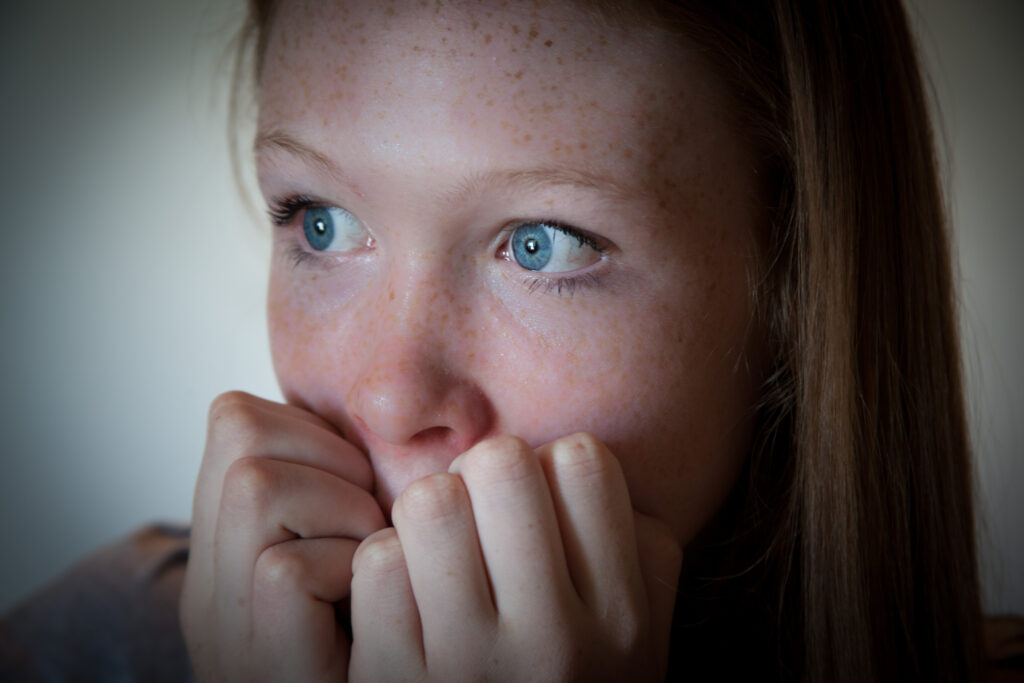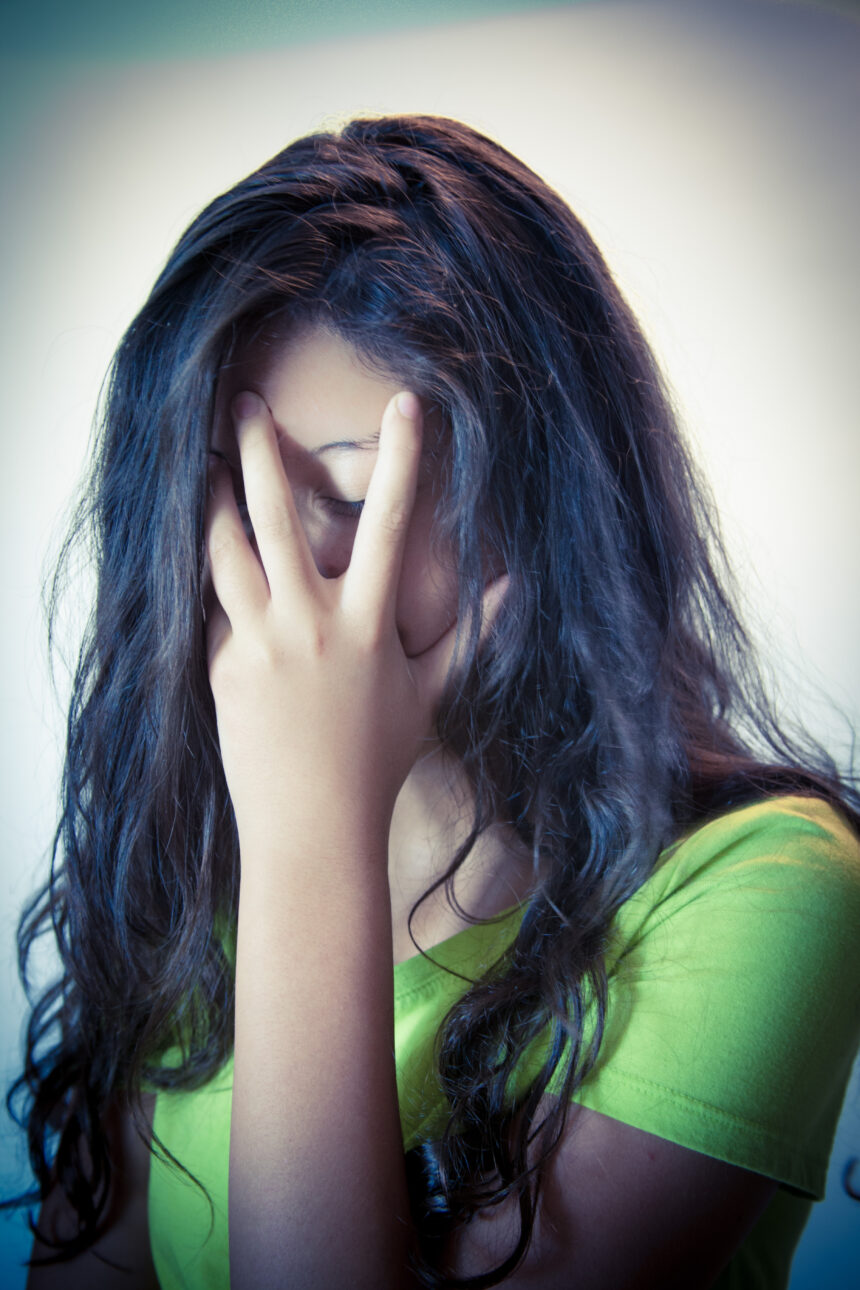Anxiety disorders are twice as common in women as in men at any given time. Sex hormones are frequently blamed for this discrepancy. Hormones can contribute to anxiety in women during different phases of life. Every stage of life has been scientifically connected to increased anxiety, including the cyclical fluctuations that occur during menstruation, the abrupt decrease in estrogen and progesterone following childbirth, and the progressive fall of these hormones during menopause.
Although it’s critical to identify these susceptible times, hormone fluctuations are not the only factors that contribute to anxiety in women. To learn more about this topic and how to properly manage the three major non-hormonal reasons why women are more likely to experience anxiety, we spoke with a board-certified neurologist.
The Role of Hormones in Women’s Anxiety

- Extended Stress
When treating patients with anxiety, integrative neurologist Romie Mushtaq, M.D., ABIHM, always looks for signs of burnout and ongoing stress. She has discovered that anxiety is frequently caused by uncontrolled chronic stress. In a poll conducted in 2023, the American Psychological Association found that women are more likely than males to report having high levels of stress on average. Stress impacts blood sugar levels and raises the risk of diabetes in addition to influencing how we view and respond to circumstances. According to Mushtaq, long-term stress adversely affects the brain’s hormonal regulation of glucose levels, resulting in insulin resistance. Due to variations in blood glucose levels, anxiety may occasionally be the sole symptom present prior to a diagnosis of diabetes or prediabetes being established.
Furthermore, throughout menopause and perimenopause, which often starts in the 40s, women’s sensitivity to insulin increases. Anxiety and mood can both get worse when blood sugar levels are high. Because every part of the body is interrelated, anxiety can be avoided by managing stress before it gets out of control. Controlling blood sugar levels can also lessen the symptoms of anxiety. - Ineffective Thyroid
Thyroid issues affect women five to eight times more frequently than they do males. Anxiety and thyroid dysfunction—hypothyroidism or hyperthyroidism—have a complicated relationship. Thyroid hormones affect the brain’s reaction to stress, metabolic rate, and mood-related neurotransmitters like norepinephrine, serotonin, and dopamine. All of these factors can either cause or worsen anxiety symptoms. According to Mushtaq, feelings of anxiety and mental illness can be the only manifestation of 40% of thyroid disorders. Critical illnesses such as subclinical hypothyroidism, autoimmune thyroid disease, or thyroid cancer may go unnoticed if an extensive evaluation is not performed. To correctly determine that thyroid dysfunction is the underlying cause of anxiety, appropriate blood testing and examination are necessary. - Social Elements
Gender norms and societal expectations might put women under more stress and exacerbate anxiety symptoms. Women are more prone to abuse, domestic violence, and body shaming, all of which increase their susceptibility to anxiety and depression. Anxiety is exacerbated by life stages that involve hormonal changes, such as menopause or postpartum, which are also characterized by caring obligations, financial strain, and concern.
Chronic Stress: A Major Anxiety Trigger
How to Handle It
Despite feeling powerless, Mushtaq stresses that women should understand they have influence over controlling anxiety. It’s important to get medical help for persistent anxiety and not to ignore it. Mushtaq counsels women to be fierce defenders of their health and, in the event that a family member or close friend is required, to accompany them to medical consultations. In order to identify potential underlying causes of anxiety, she emphasizes the significance of laboratory examinations. She suggests certain tests, including a complete thyroid panel, fasting insulin and blood glucose levels, hemoglobin A1c, and serum cortisol levels.
Empowering Women to Take Control of Their Health
It can also be very helpful to address and process emotional triggers in collaboration with a certified therapist. To effectively identify and treat the contributing reasons of anxiety, a comprehensive strategy comprising both medical assessment and therapy support is necessary.
The Conclusion
Anxiety in women can be fueled by a variety of social, emotional, and hormonal (sex and non-sex) factors. To effectively diagnose the underlying reasons of anxiety and create a treatment plan, it is best to first discuss concerns and symptoms with a medical practitioner and have comprehensive blood work done.



Leave a Reply